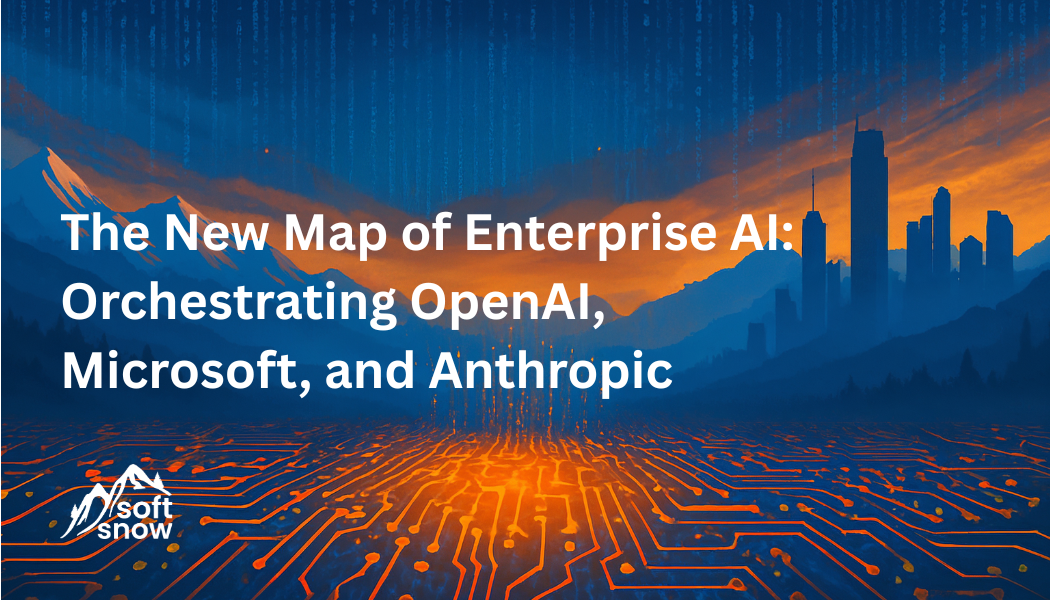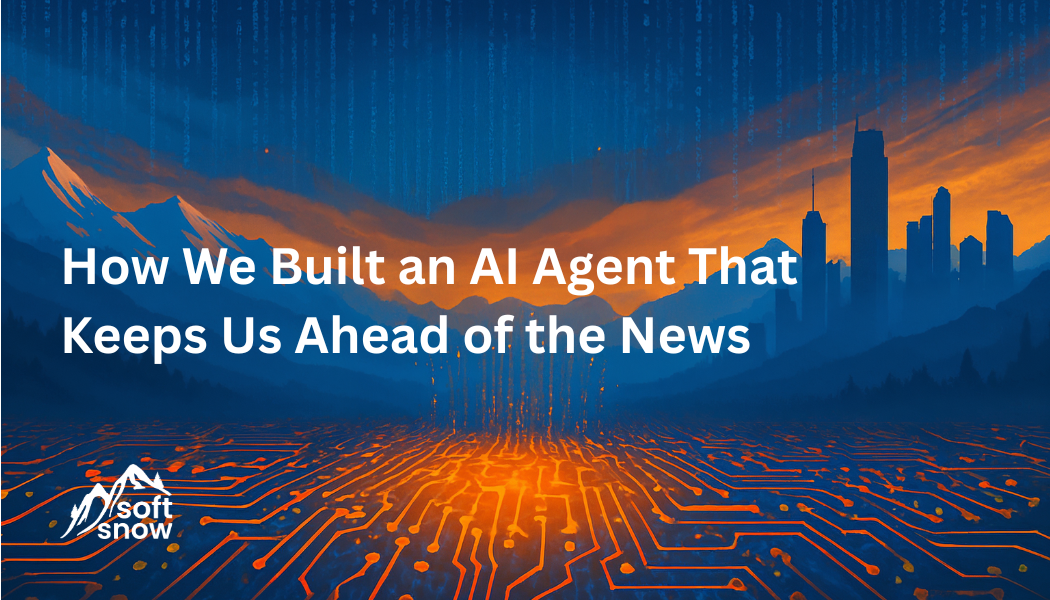
This week’s developments focus on making sophisticated AI capabilities more accessible, efficient, and immediately valuable for users across the spectrum.
________________________
Big Tech’s High-Stakes AI Race Heats Up
In a high-stakes competition for AI dominance, major tech companies are dramatically increasing their infrastructure investments. Microsoft, Amazon, Alphabet, and Meta are collectively investing over $344 billion in AI infrastructure, primarily through massive data center expansion.This spending spree is driven by the belief that a head start in AI will provide a significant competitive advantage. Executives across these companies are emphasizing the need to invest rapidly to meet growing customer demand for AI services and to secure a leadership position in a tight market.
This surge in investment is not a unified strategy, but rather a series of responses to the intense competition in the tech industry. For example, Meta is funneling its resources into developing advanced AI models to boost the performance of its advertising systems, a move that has already yielded positive results. Alphabet is compelled to increase its spending just to keep pace with rivals like Microsoft and OpenAI. Microsoft is tying its investments directly to a boom in its cloud-computing sales, indicating a strong return on its AI spending. Even Apple, while spending less than its peers, is ramping up its capital expenditures specifically for AI. The rush to invest billions is a reflection of a high-stakes competition where each company feels it must spend aggressively to stay relevant.
SoftSnow Take:
These massive investments highlight an important truth: in today's market, AI isn't just a nice-to-have—it's becoming essential for competitive advantage. But here's what matters for businesses: true AI success isn't about matching these infrastructure investments. It's about thoughtful integration that enhances human potential and delivers measurable outcomes.
What can operations and executive leaders learn from this? The companies seeing early returns (like Microsoft and Meta) are connecting AI investments directly to business outcomes and existing workflows. For your business, this means starting with clear objectives rather than technology. Ask: "What specific operational challenges could AI help us solve today while setting us up for tomorrow's growth?" This human-first, results-oriented approach creates immediate value without requiring Big Tech's budget.
________________________
HelloFresh Cooks Up a New Strategy with AI
HelloFresh is investing $70 million to transform its customer experience through AI, aiming to boost loyalty and attract new customers. The meal kit company, which saw a decline in its valuation after the pandemic peak, is betting that a refreshed customer experience will help it compete with rising food costs and a shift away from dining out. A key part of the investment will fund an expansion of the company's weekly meal offerings from 45 to over 100 options, featuring premium ingredients and greater customization.
To help customers navigate this much larger menu, HelloFresh will use AI to personalize recommendations in a "Netflix-style" way, prioritizing recipes based on a customer's preferences and past orders. This is a direct response to a poll showing that nearly 60% of customers are "bored" with their current meals. Beyond the customer-facing side, the company is also investing in its supply chain, installing humanoid-style robots in its distribution centers to streamline the packing process. The use of robotics is intended to meet growing demand without having to proportionally increase the human workforce.
SoftSnow Take:
What makes this investment noteworthy is how HelloFresh is addressing specific business challenges—customer boredom and retention—with a targeted AI solution. This isn't technology for technology's sake; it's AI applied with purpose. Simultaneously, their supply chain automation demonstrates how AI can complement human work rather than simply replace it, allowing the company to scale efficiently while maintaining quality.
We see this as a model for how businesses can navigate AI transformation wisely—starting with customer needs, applying AI to remove friction points, and extending the technology to operational challenges. This balanced approach to innovation, combining customer-facing improvements with operational efficiency, exemplifies how AI can be both transformative and practical when implemented with clear strategic intent.
________________________
Harvey’s Legal AI Platform Reaches Massive Scale
The AI-powered legal platform Harvey has achieved a significant milestone, reaching $100 million in annual recurring revenue just three years after its launch. This rapid growth is a direct result of the platform being used by lawyers at 500 law firms and major corporations to perform crucial day-to-day tasks, such as legal research, drafting documents, and conducting diligence projects. The company's co-founder and CEO, Winston Weinberg, noted that once a customer begins using the platform, its usage often expands "pretty massively," with the weekly average quadrupling in the last year alone.
Inspired by OpenAI's large language models, Harvey's platform is designed to streamline and accelerate legal work. Its success stems from a focus on practical applications for the legal industry, with the company actively building out new, industry-specific use cases. As the company continues to grow, it is focusing on global expansion and strengthening its leadership team. Harvey has already brought in top talent from companies like Twitter and Stripe to support this ongoing rapid growth and ensure the platform can meet the increasing demand from its expanding user base.
SoftSnow Take:
Harvey's success story perfectly illustrates what happens when AI is implemented with both industry expertise and a human-centered approach. Rather than creating a generic AI solution, they built specialized applications that address specific pain points for legal professionals.
For business leaders looking to implement AI in specialized fields, Harvey offers three valuable insights: First, focus on removing friction from existing workflows rather than reinventing them. Second, start with high-value, repetitive tasks where AI can deliver immediate time savings (like research and document drafting). Finally, recognize that successful adoption depends on making AI feel like a natural extension of how people already work.
The quadrupling usage among customers demonstrates the "flywheel effect" of thoughtful AI implementation: when professionals experience real productivity gains without disruption to their core work, adoption accelerates organically. This is the essence of the Human + AI partnership we champion: technology that empowers people to do more meaningful work by handling the routine tasks that slow them down.
________________________
These rapid developments demonstrate both the urgency and opportunity of this moment. The good news? Meaningful AI implementation doesn't require enterprise-scale resources or massive infrastructure investments.
The most successful AI transformations aren't about chasing every new capability; they're about identifying where technology can solve real business problems and empower your existing teams. Whether you're building infrastructure, creating new user experiences, or seeking competitive advantages, the key is approaching AI with purpose and practicality.
At SoftSnow, we understand that successful AI adoption isn't just about acquiring technology: it's about thoughtful integration that enhances human potential rather than replacing it, allowing teams to work smarter and achieve more while staying true to core business objectives. Contact us today to learn more.





